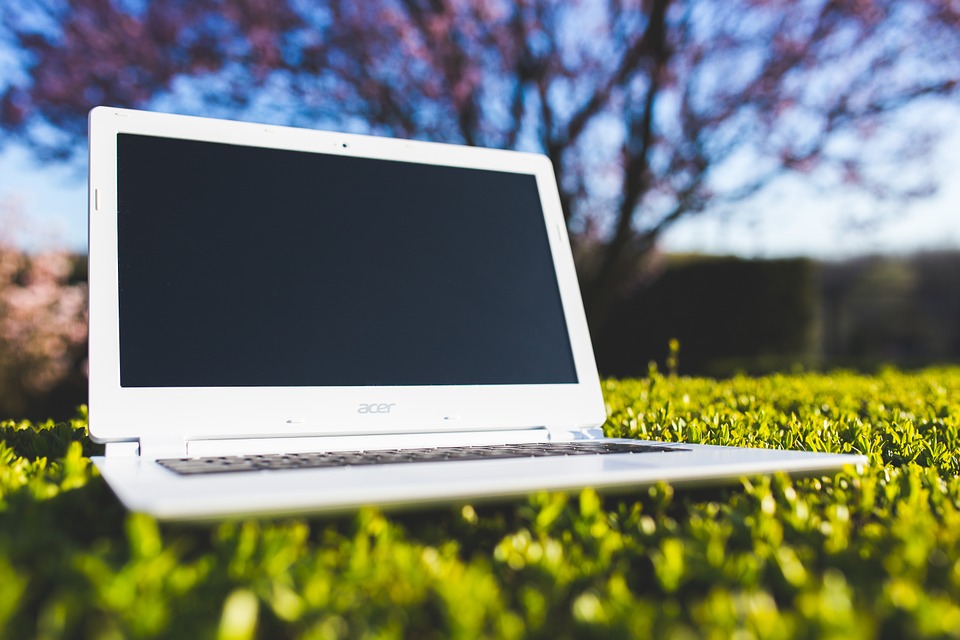Purchasing a personal computer is no easy task, especially when we take into consideration the sheer number of models and configurations available. Therefore, when making your purchase, you will want to make the right one, so as to avoid spending your hard-earned money on something that will be obsolete or unusable within a year.
When it comes to choosing a PC, keep in mind that not all machines are equal. If you are not quite familiar with computer hardware, you can easily end up with a bad purchase. To help you avoid this costly mistake, we will offer you some tips for selecting a personal computer.
Computer buying guide and tips
1. CPU
Think of the CPU as the heart of your computer. It is one of the most important computer components, one that makes the difference between a system that often hangs and the one that runs flawlessly. As we’ve already mentioned, if you need a computer for simple online browsing, a dual-core CPU would do just fine. However, if you are a passionate gamer or someone who does heavy video editing, you will need at least a modern 4-core or a 6-core CPU with multiple threads.
2. Usability
First of all, think about what you will use your computer for. If you need a computer for simple online browsing and internet services, you could easily get by with a cheap, dual-core PC. However, if you want to use your PC for some professional work or gaming, be prepared to spend more on a powerful, multi-core rig.
3. RAM memory
Next up, pay attention to the RAM. Again, this is also heavily dependent on the type of work you will do with your PC. If you are a professional tasked with running a server, you will need at least 16 GB of fast DDR4 memory. More RAM will also be quite useful if you regularly run multiple applications and programs at the same time. If you are a regular user, however, 4 gigabytes or 8 gigabytes of standard DDR3 memory will do the job just fine.
4. Storage
 This, of course, refers to the hard disk. In most cases, computer laymen are not particularly concerned with hard disks. However, having the right disk type and the amount of disk space is crucial for any professional who needs efficient management of their tasks. If you are a common user, a 500 GB standard HDD will be perfectly fine. On the other hand, if you are a content creator or an IT professional, look for an HDD with a capacity of at least 1 TB. Also, consider buying an SSD (Solid State Drive), which is much faster than any HDD.
This, of course, refers to the hard disk. In most cases, computer laymen are not particularly concerned with hard disks. However, having the right disk type and the amount of disk space is crucial for any professional who needs efficient management of their tasks. If you are a common user, a 500 GB standard HDD will be perfectly fine. On the other hand, if you are a content creator or an IT professional, look for an HDD with a capacity of at least 1 TB. Also, consider buying an SSD (Solid State Drive), which is much faster than any HDD.
5. GPU
Last, but not least, think about the GPU. The GPU is responsible for processing and providing the image on your display, and the choice of one largely depends on your needs. For example, if you are an avid gamer, who plays on HD or ultra-HD resolutions, our suggestion would be to go with at least a decent, mid-range GPU with no less than 4 GBs of GDDR5 memory. Also, if you are heavily into video editing, consider purchasing two of the same cards and pairing them to double the performance. However, if you are not interested in playing modern video games, don’t waste your money and go with a graphics card that has 1 GB of video memory, or even an integrated one.

